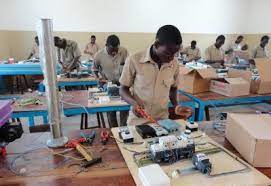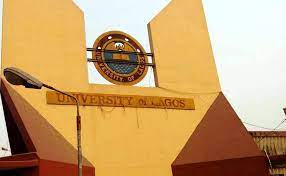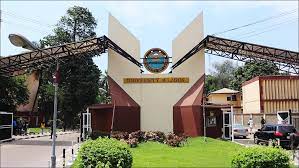
SIWES stands for Students Industrial Work Experience Scheme. It is one of the most productive programs ever put in place by the Nigerian government.
The purpose of SIWES is to enhance and develop the personal attributes of the students, like interpersonal relationships, critical thinking, presentation skills, creativity, time management, initiative, and resourceful leadership. It equally acts as an avenue via which students can acquire industrial experience and skills in engineering and other technical courses.
Its focus is to get the students prepared for industrial work environments and situations that they may likely meet after graduation. Despite the essential state of engineering education and industrial training for the future of any economy, it is unfortunate that the Nigerian government is not paying the required attention to industrial training. To make things even more disturbing, the teachers and students take engineering and technology courses with levity, focusing only on the theoretical aspect without paying the required attention to the technical or practical aspect of things.
What are those problems currently bedeviling engineering education and industrial training in Nigeria and what are the possible solutions? We will attempt to answer the question below.
Poor orientation
Unfortunately, many science students lack adequate orientation about engineering education and industrial training in Nigeria. As a result, many of them end up wasting their time during the internship period and ending up with little or no knowledge. Both the students and their departments in schools can be blamed for this.
The students should not wait until the department provides the required orienting but should ask for information that can assist the students in making the right decisions. The staff at the engineering department should also have it as a part of their programs for each academic year since students in the engineering and other technology-related departments are in the institution.
Since virtually all science-related students go for industrial training every academic year, then the science and engineering faculties should organize an orientation program for their students before the students proceed on industrial training. This way, the engineering and technology students will not end up wasting precious time during the industrial training but pay attention to everything they need to be aware of.
Lack of care and supervision
It is one thing to give the students Proper orientation before they proceed on industrial training and it is another thing to properly monitor them while they are on the field. The engineering and technology faculties should not think their works have ended after the orientation. Their works never end until the industrial training is concluded and the students have presented their works to their respective departments.
Unfortunately, some departments fail to send supervisors to their students at various workplaces. As a result, these students are unable to make something tangible out of their time of the internship. An institution of higher learning that is interested in giving its technology and engineering students the best learning opportunity will make it a point to send supervisors to the students on internship. The supervisor can monitor the works of the students, give them appropriate grades and advise them on the way forward.
When there is no adequate monitoring, some of the students may fail to even show up at the place of industrial training. However, this destructive trend can be stemmed via proper monitoring, inspection, and supervision by the school authority.
Lack of report presentation
After the industrial training has been concluded, the students should come back to school to give an account of their works at the workplace. While some institutions do not even give place for this, many still do. Even at that, many of those who do fail to take it seriously. Many of the lecturers or supervisors are only concerned about how well their students defend their industrial training work. Whereas, they should be more concerned than this.
A supervisor that wants the students under him to meaningfully benefit from the industrial training will be more concerned about what the students have gained from the industrial training. It is not enough for the students to participate in the industrial training; they must also benefit tremendously from it.
Industrial training presentations should not be the only criteria for scoring students, but the school authority should equally consider how much knowledge the student had been able to gain from the program in its grading. Do not forget that many of those who do their presentations well might have only crammed the presentation. So, a good crammer may be able to present better than someone who gained from the industrial training, but poor in cramming.
One of the panaceas is for the school authority to modify the industrial training scoring system to include an assessment of how much knowledge the student acquired. It may even be better to place this above other considerations since it is the most important thing.
Laziness if workers
The success of the engineering and technology students at the industrial training firm does not depend on the proactiveness, commitment, or dedication of the supervisor from the department at school alone. It depends also on the workers at the firm. If the workers are the lazy sort, the student may end up gaining nothing.
Aside from being lazy, some of these workers abuse the students on industrial training by converting them to servants, sending them on errands that do not relate to the purpose of coming to the firm for industrial training.
This unhelpful conduct of workers needs to end if the student is ever going to benefit adequately from the industrial training. The school authority may have to wade into this situation and plead with the firms to allow the industrial training students to focus on the purpose of being sent to that firm.
The school authority may go a step further by blacklisting any firm that maltreats the students sent there or fail to teach them as required.
Conclusion
Application of the points above can help the students on industrial training to be more useful to themselves and the society. It will put the students in a good position to become the solution their generation desperately seeks in the fields of engineering and technology. Everybody involved has a role to play and all hands must be on the deck for effective collaboration among the stakeholders.























